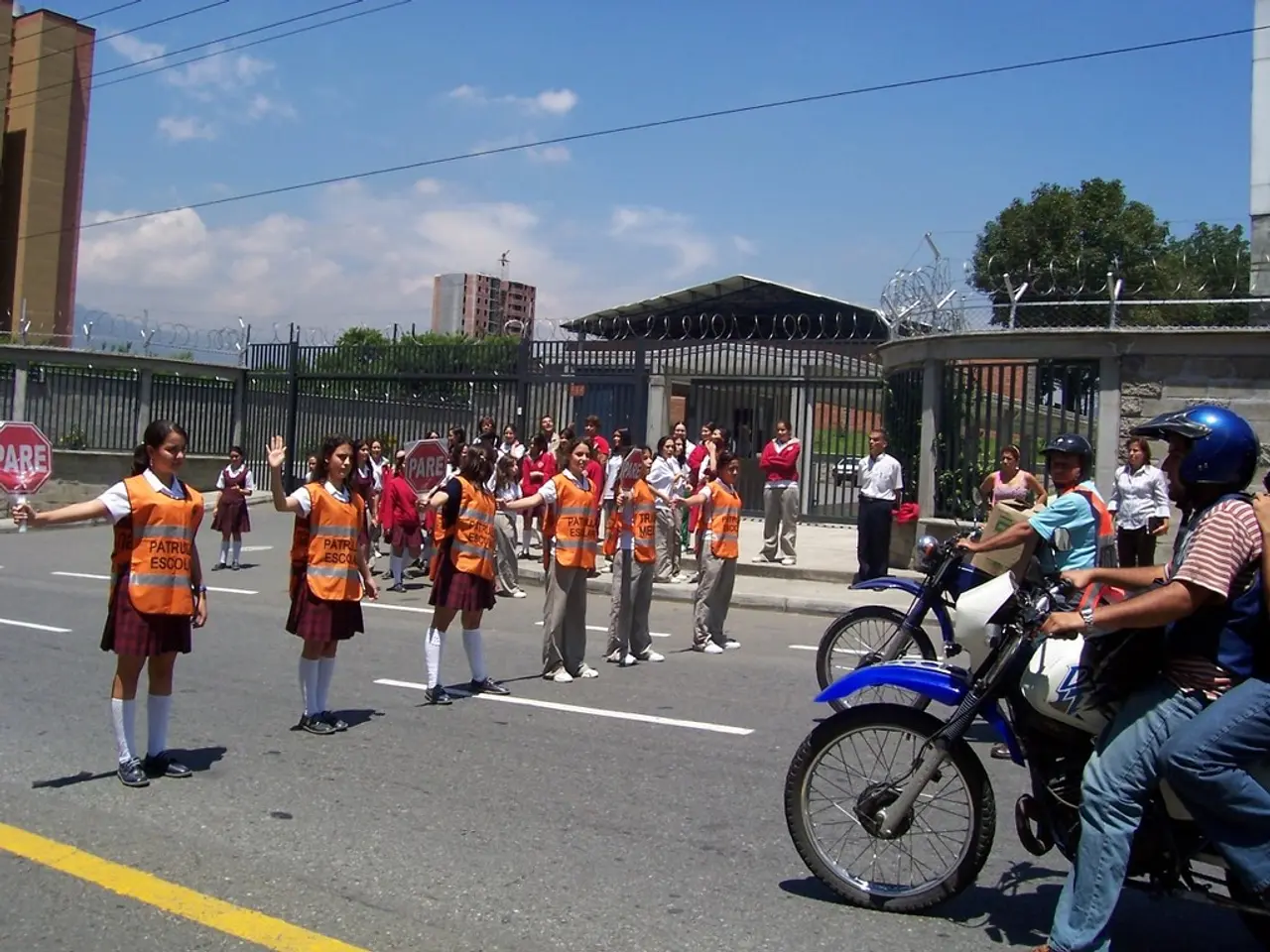Educational institution suicides: Supreme Court releases nationwide directives
The Supreme Court of India has issued binding pan-India guidelines to combat mental health issues and prevent suicides in educational institutions and coaching centers. These guidelines aim to create a safer and more supportive environment for students across the country.
Key provisions of these guidelines include:
- Uniform Mental Health Policy: All educational institutions with 100 or more students must adopt and annually update a uniform mental health policy. This policy should be publicly accessible on institutional websites and notice boards, and should be inspired by the "Ummeed" draft guidelines, the "Manodarpan" initiative, and the National Suicide Prevention Strategy.
- Mental Health Support and Career Counselling: States with coaching centers must ensure regular career counselling and continuous psychological support for students and parents. Government education departments and district administrations are responsible for institutional mechanisms to handle student complaints and regulate academic pressure.
- Monitoring and Regulation of Coaching Centres: States and Union Territories must notify rules within two months mandating registration of coaching centers, student protection norms, and grievance redressal mechanisms. District-level monitoring committees headed by District Magistrates must oversee these implementations, inspections, and complaint management.
- Student-Counsellor Ratios and Mentorship: Educational institutions are required to ensure optimal student-to-counsellor ratios with dedicated mentors available during critical periods such as exams.
- Compliance and Oversight: The Union of India must file a compliance affidavit within 90 days detailing implementation steps, coordination with states, regulatory progress, monitoring mechanisms, and updates on the National Task Force's report on student mental health.
Coaching institutes or centers are asked to refrain from segregating students' batches on the basis of academic performance, public shaming, or assignment of academic targets disproportionate to their capacities. All educational institutions with 100 or more enrolled students should appoint or engage at least one qualified counsellor, psychologist, or social worker.
The Supreme Court of India has directed all coaching hubs, including Jaipur, Kota, Chennai, Hyderabad, Delhi, and Mumbai, to implement heightened mental health protection and preventive measures. The matter has been posted for October 27 for receiving the compliance report. In a separate case, the bench has directed that the investigation of an unnatural death case shall be transferred to the CBI. The bench has also ordered the CBI director to ensure immediate registration of the case and the investigation being assigned to a team under the supervision of the jurisdictional CBI superintendent.
The guidelines are binding until appropriate legislation or regulatory frameworks are enacted by the competent authority. The policy should be reviewed and updated annually and made publicly accessible. The top court has taken cognisance of suicides in educational institutions and directed the constitution of a National Task Force on mental health concerns of students and prevention of suicides in higher educational institutions. The bench has clarified that these guidelines are not in supersession but are intended to provide an interim protective architecture until the National Task Force is fully operational.
In summary, the Supreme Court’s current pan-India framework focuses on:
| Key Areas | Details | |----------------------------------|----------------------------------------------------------------------------------------------| | Mental Health Policy | Uniform, updated annually, publicly accessible, based on "Ummeed" and related initiatives | | Counseling & Psychological Support| Regular career counselling, psychological support for students and parents | | Regulation of Coaching Centres | Mandatory registration, grievance redressal, monitored by district committees | | Student-to-Counsellor Ratio | Ensuring adequate counsellors and mentorship during exams | | Compliance Reporting | Union govt to report on steps and progress within 90 days |
These guidelines aim to reduce student suicides and improve mental health outcomes nationwide.
- In light of the COVID-19 pandemic, the uniform mental health policy for educational institutions in India necessitates an annual upgrade, making it accessible to the public and inspired by "Ummeed," "Manodarpan," and the National Suicide Prevention Strategy.
- To ensure a conducive learning environment, the guidelines call for states to provide regular career counselling and continuous psychological support for students and parents in coaching centers across the country.
- Aiming to create a health-and-wellness friendly education system, the Supreme Court has mandated that educational institutions maintain appropriate student-to-counsellor ratios, with dedicated mentors available during critical periods such as exams.
- In an effort to prioritize mental health, the Supreme Court has directed all major coaching hubs in cities like Jaipur, Kota, Chennai, Hyderabad, Delhi, and Mumbai to implement stringent mental health protection and preventive measures.
- To ensure compliance and progress in implementing these guidelines, the Union of India is required to submit a report detailing its implementation steps within 90 days. Furthermore, the guidelines are set to be reviewed and updated annually to improve education and mental health outcomes in India.




